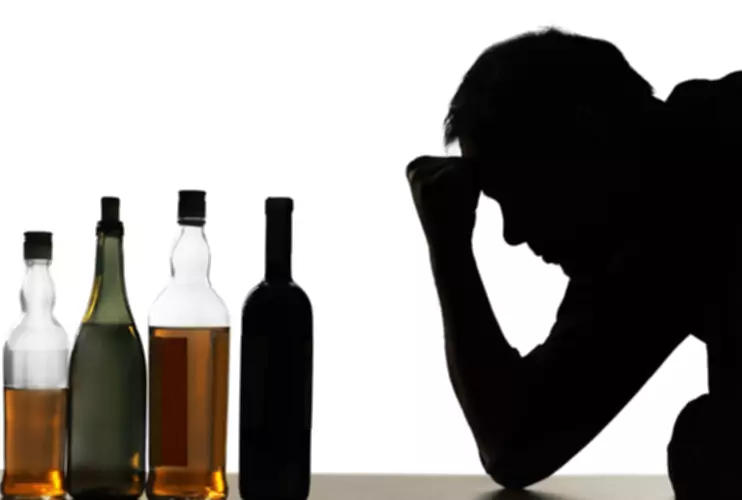Exploring Your Relationship With Alcohol

This reorganization is often dictated by the drinking patterns of the alcoholic family member, creating periods of stability and instability within the household. Overall, alcohol misuse can lead to a neglectful environment, affecting every family member’s mental, emotional, and financial well-being. Support groups and therapy are vital resources for families to cope with the challenges posed by alcoholism. Alcohol consumption is frequently implicated in the escalation of domestic violence, with various studies and reports highlighting the complex relationship between the two. The National Bureau of Economic Research found a significant correlation between visits to alcohol outlets and domestic violence incidents. This link was particularly pronounced during periods when more time was spent at home, such as the beginning of the COVID-19 pandemic.
Alcohol Addiction Support

When someone reaches a crisis point, sometimes that’s when they finally admit they have a problem and begin to reach out for help. However, there are certain things you can do that may help relieve the pressure, and in some cases, also better help your loved one start their path to recovery. To purchase short-term access, please sign in to your personal account above. A personal account can be used to get email alerts, save searches, purchase content, and activate subscriptions.
Is Alcohol Affecting Your Relationships?
- Sometimes, a codependent relationship can grow between a person with an alcohol use problem and their partner.
- If your loved one is truly dependent on alcohol, they are going to drink no matter what you do or say.
- If the person is incapable of even being honest with themselves, it may not be reasonable to expect them to be honest with you.
- Trust is essential for a healthy and functioning relationship and can be challenging to repair once damaged.
- It has long been noted (Thibaut & Kelley, 1959) that close intimate relationships provide a context for each partner’s emotions and behaviors to have an impact upon, and be affected by, the other partner’s emotions and behaviors.
Alcohol use may initially seem like a social habit, but over time, as dependence or addiction sets in, it can result in severe consequences. Inpatient treatment occurs in a residential setting, where you are removed from your traditional using environment and can begin the healing process with an individual counselor and group counseling. Although the alcohol and relationships cost of rehab treatment may seem like an additional burden, it is one of the most effective steps that can be taken to restore the individual’s sobriety and finances. Concerns about paying for rehab services should never be a barrier to alcohol addiction treatment. Finances are about more than the dollars earned; they also include earning potential.

When Someone You Love Is an Alcoholic or Addict
They deny this reality and rationalize or blame their drug use on anything or anyone else. If your relationship involves heavy drinking and your sex life is suffering, alcohol may be to blame. While it’s true that alcohol can increase sexual desire in the short term, it can harm a person’s sex drive in the long run. This is because it can adversely affect your hormones, emotional well-being, and overall health.
The additional responsibilities can contribute to increased stress, leading to behavioral, physical, and mental health problems. Studies show that females who are in relationships with males struggling with AUD experience higher rates of depression, https://ecosoberhouse.com/ anxiety, physical health problems, and occupational and social disruptions. Building healthy relationships with people who don’t drink not only helps you steer clear of alcohol but also gives you an opportunity to expand your friendship base.
Alcohol And Domestic Violence
Therapy for Alcohol Addiction

- When you begin to rethink your relationship with alcohol, your friends and family may not be on board — especially if those are some of the people that you used to drink with.
- Join our supportive sober community where each day becomes a step towards personal growth and lasting positive change.
- They may experience emotional and behavioral difficulties, such as anxiety, depression, and aggression.
- They can help determine whether what you’re experiencing is alcohol use disorder and recommend further evaluation or treatment if necessary.
- Similarly, Jacob and Leonard (1988) collected data on drinking and nondrinking sessions from a sample of 49 married couples with heavy drinking husbands.
- If you feel the need to be dishonest about your drinking, you may want to ask yourself why.



